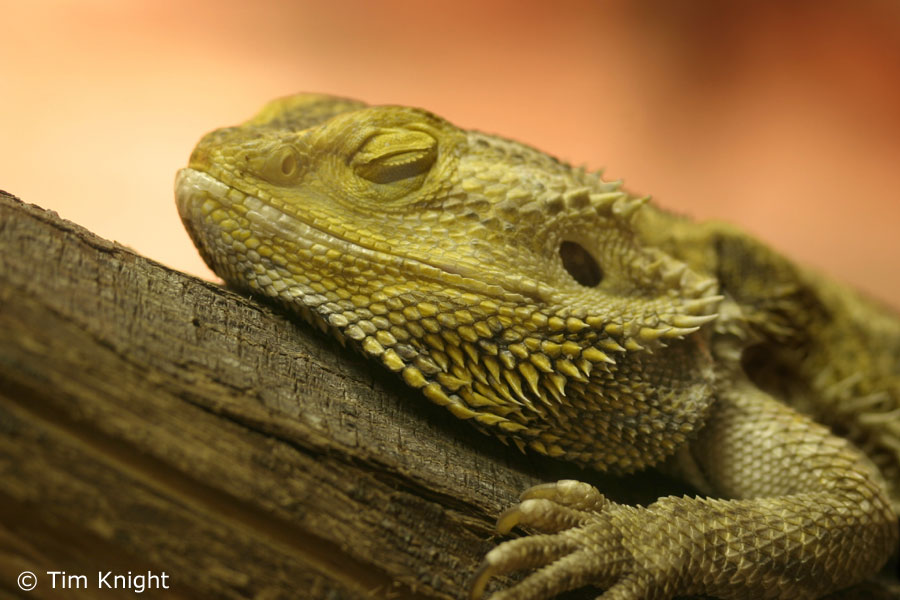Bearded Dragon Care: The Ultimate Guide for Beginners
Introduction
Bearded dragons are some of the most popular reptile pets around. They’re cute, friendly, and relatively easy to care for. But, like any pet, they require some special attention and care to keep them healthy and happy. If you’re a beginner to bearded dragon care, this guide will walk you through everything you need to know.
Setting Up Your Bearded Dragon’s Enclosure
Before bringing your new bearded dragon home, you’ll need to set up its enclosure. Here’s what you’ll need:
- A large enclosure (at least 40 gallons)
- A heat lamp and UVB light
- Substrate (such as reptile carpet or tile)
- A hiding spot and basking spot
- Water and food dishes
- Decorations (such as rocks or logs)
The enclosure should be large enough for your bearded dragon to move around comfortably. The heat lamp and UVB light are essential for providing the right temperature and light conditions. The substrate should be easy to clean and safe for your bearded dragon to walk on. The hiding and basking spots are important for your bearded dragon’s comfort, and the decorations can provide enrichment and stimulation.
Feeding Your Bearded Dragon
Bearded dragons are omnivores, which means they eat both animal and plant matter. Here’s what to feed your bearded dragon:
- Insects (such as crickets, mealworms, and dubia roaches)
- Vegetables (such as collard greens, mustard greens, and squash)
- Fruits (such as berries and apples)
You should offer a variety of insects and vegetables to ensure your bearded dragon is getting a balanced diet. Feed your bearded dragon as much as they will eat in 10-15 minutes, once a day. Remove any uneaten food after that time to avoid attracting pests or causing health problems.
Providing Water and Hydration
Bearded dragons need access to clean, fresh water at all times. You can provide water in a shallow dish that is easy for your bearded dragon to access. Additionally, you can mist your bearded dragon with water once a day to provide extra hydration, especially during shedding.
Maintaining Your Bearded Dragon’s Health
Regular health checks and veterinary care are important for keeping your bearded dragon healthy. Here are some signs that your bearded dragon may be sick:
- Lack of appetite
- Weight loss
- Lethargy
- Abnormal feces
- Abnormal behavior
- Swollen limbs or joints
If you notice any of these signs, or if your bearded dragon is not acting like its usual self, you should take it to the vet as soon as possible.
Final Thoughts
Bearded dragon care may seem daunting at first, but with the right knowledge and preparation, it can be a rewarding and enjoyable experience. Remember to provide your bearded dragon with the basics it needs to thrive, including a suitable enclosure, a balanced diet, and regular veterinary care. With patience and love, you and your bearded dragon can enjoy many happy years together.




